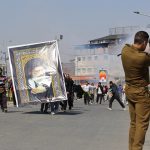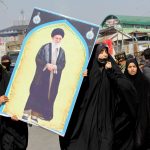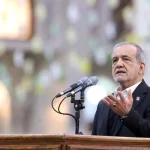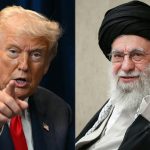Tanzanian opposition leader and CHADEMA chairperson Tundu Lissu has questioned why the High Court of Tanzania has already set a judgment date in his ongoing treason case before hearing any witness testimonies.
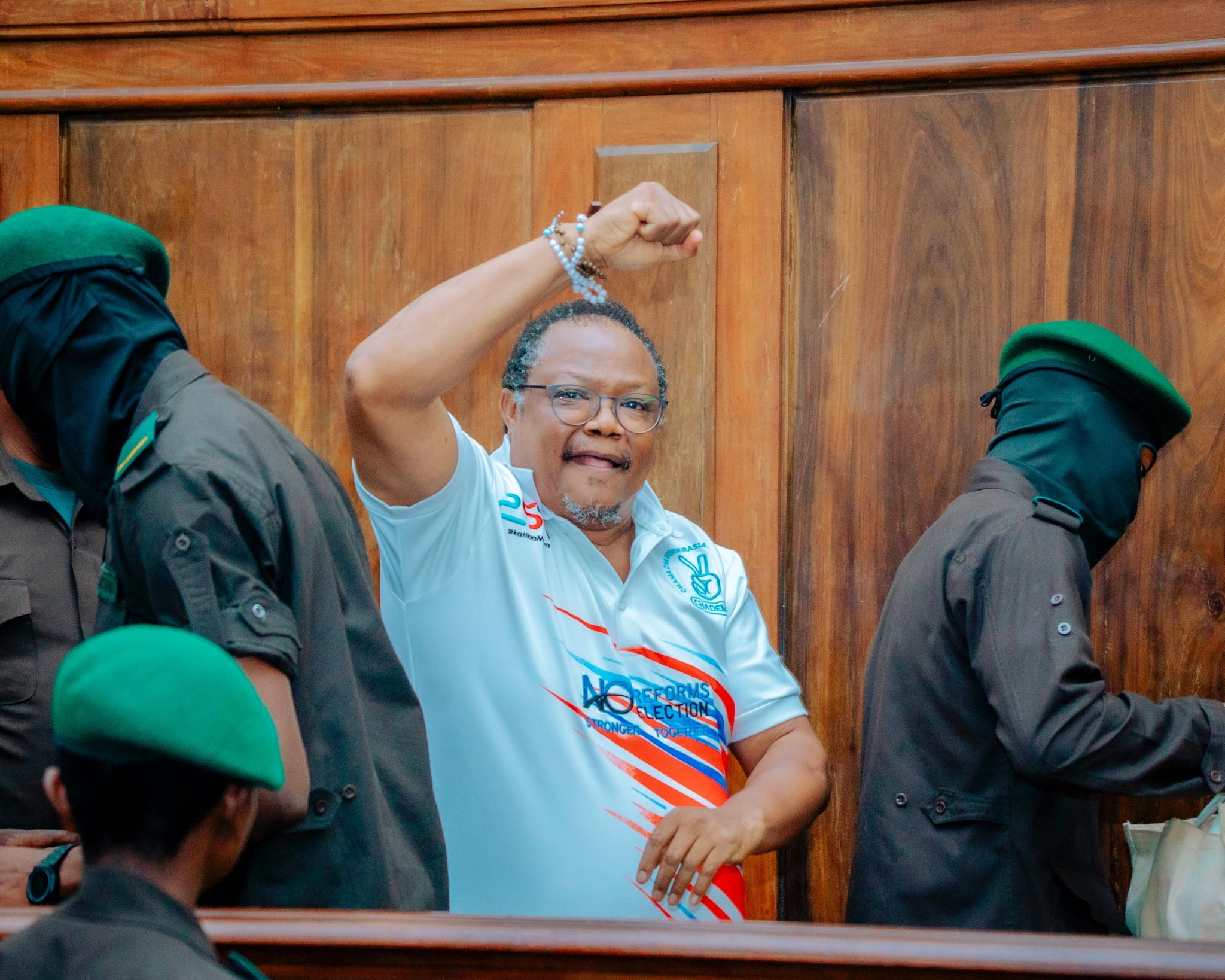
Appearing before a three-judge panel led by Justice Dunstan Ndunguru in Dar es Salaam on Monday October 6th, Lissu said he had received a letter from the Deputy Registrar directing him to submit a list of 100 people he wished to attend his trial, including party leaders, lawyers and family members. However, he claimed several of those on his list, including two international observers, Dr. Stephan from Germany and Dr. Cathe from the United Kingdom, were blocked from entering the courtroom.
He further accused police officers stationed at the court of assaulting citizens who had gathered peacefully to follow the proceedings, calling it a violation of constitutional rights.
“Is this the High Court of Tanzania or a Police Court? Who has the authority to deny citizens access, the Court or the Police? It will be shocking if the High Court allows itself to be turned into a police-controlled space.” Lissu said.
Lissu also sought clarification on what he described as a “pre-session meeting,” saying he was informed of the virtual meeting too late to attend. He added that another letter from the court indicated that the trial would run from October 6th to 24th, with judgment scheduled for November 12th, even before any witness had testified. “This case has not heard a single witness. So how can a judgment date already exist? If the verdict is ready, then let’s hear it now and not waste time,” he said.
The prosecution has begun presenting its witnesses in the high-profile treason case, which stems from remarks Lissu made at a 2025 campaign rally, where he allegedly urged Tanzanians to “cause chaos.” The court has restricted live media coverage, citing witness security.
Lissu was arrested in April in Mbinga shortly after addressing a public rally. His case has drawn regional and international attention because treason carries the death penalty in Tanzania, though the punishment has not been applied in decades.


